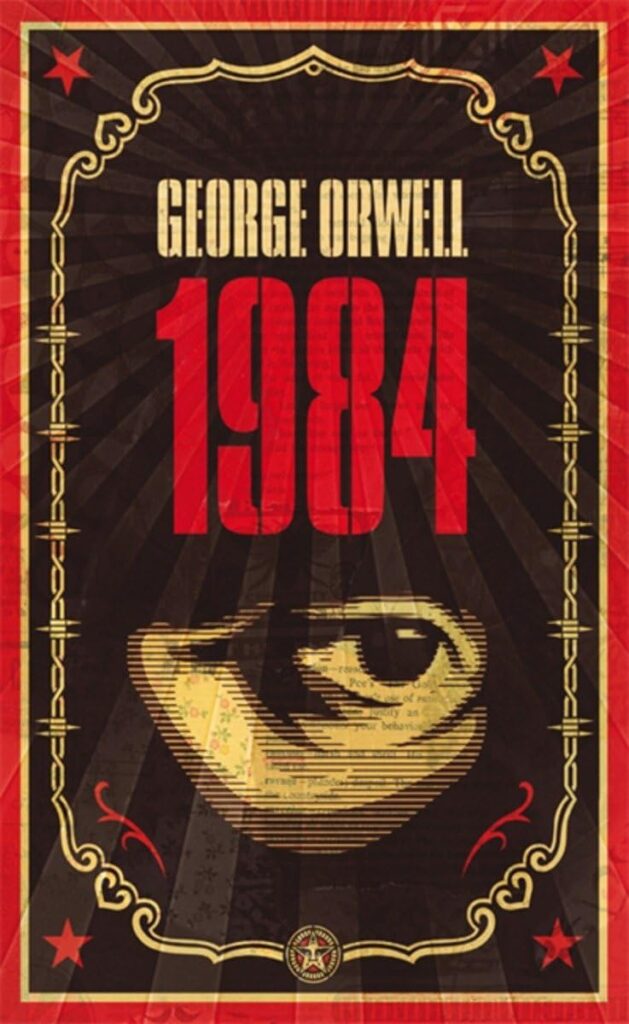
Here the ten best dystopian novels that have made a significant impact on literature and culture:
- “1984” by George Orwell – A chilling depiction of totalitarianism, surveillance, and the manipulation of truth in a bleak future.
- “Brave New World” by Aldous Huxley – Explores a technologically advanced society that sacrifices individuality for conformity and stability.
- “Fahrenheit 451” by Ray Bradbury – A story about a future where books are banned, and “firemen” burn any that are found, exploring themes of censorship and knowledge.
- “The Handmaid’s Tale” by Margaret Atwood – Set in a theocratic society where women are subjugated, this novel critiques patriarchy and explores themes of power and resistance.
- “The Road” by Cormac McCarthy – A post-apocalyptic tale of a father and son journeying through a desolate landscape, focusing on survival and the bond between them.
- “A Clockwork Orange” by Anthony Burgess – A disturbing exploration of free will, violence, and the state’s role in controlling behavior through an experimental rehabilitation program.
- “The Hunger Games” by Suzanne Collins – A young adult dystopian novel that critiques social inequality and government control through a brutal televised competition.
- “Snow Crash” by Neal Stephenson – A cyberpunk novel that explores themes of technology, linguistics, and corporate control in a future America.
- “The Dispossessed” by Ursula K. Le Guin – A thought-provoking examination of anarchism and capitalism through the lives of characters from two contrasting societies.
- “Station Eleven” by Emily St. John Mandel – A beautifully written narrative about a post-apocalyptic world following a pandemic, focusing on the endurance of art and humanity.
These novels explore complex themes and offer compelling visions of future societies, making them enduring classics in the genre.